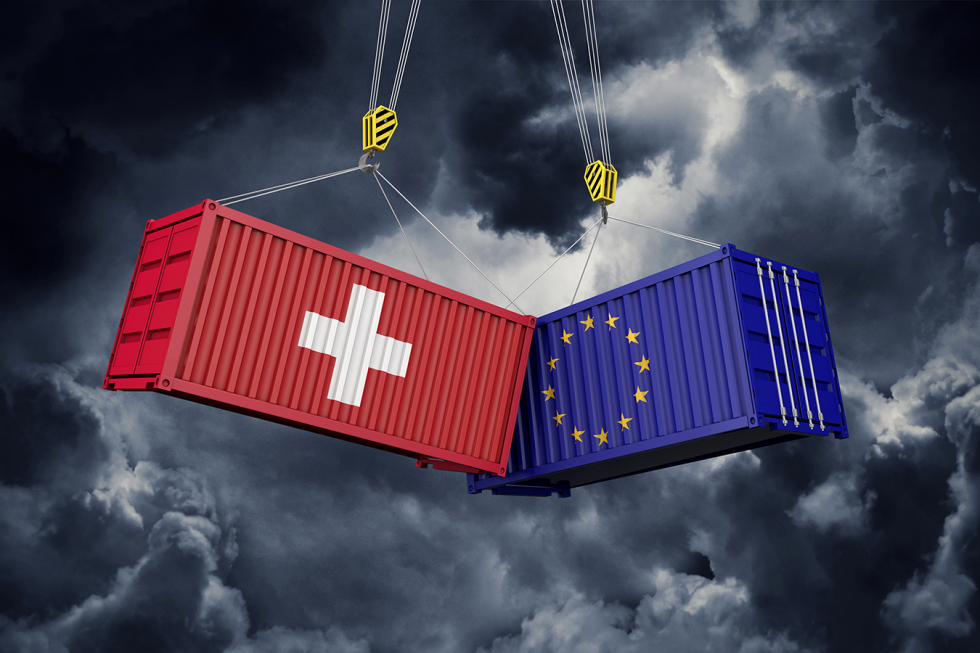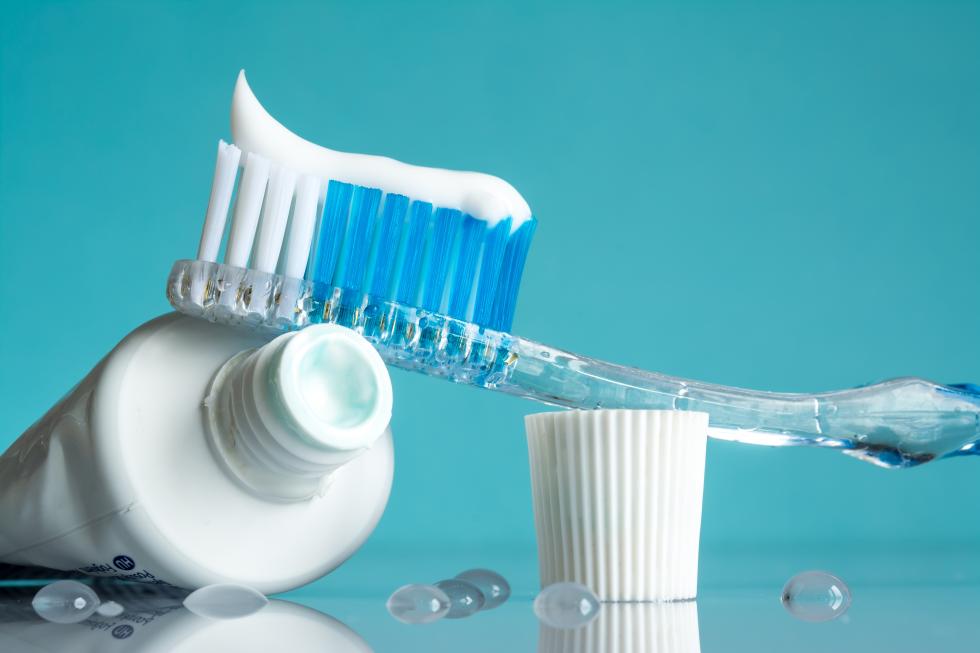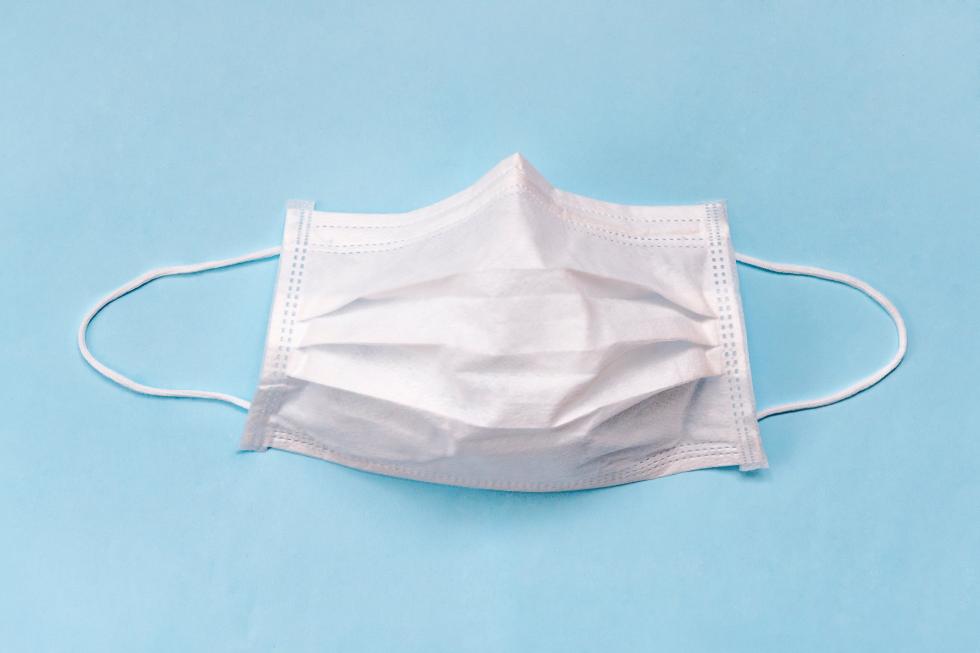

Pharmaceuticals and healthcare
Failed EU-negotiations: What will change for medical devices?
On 26 May 2021, the Federal Council broke off negotiations on the framework agreement with the EU. As a result of the breakdown of negotiations, the EU Commission declared that Switzerland could no longer participate as an equal partner in the European single market for medical devices. In order to mitigate the negative effects of the breakdown of negotiations, the Federal Council made various amendments to the Medical Devices Ordinance on 19 May 2021. In this PharmaCircular we explain which measures the Federal Council has taken to ensure the supply of safe medical devices.
On 26 May 2021, a new medical device regulation became applicable in Switzerland and the EU. On the same day, the Federal Council decided not to sign the institutional framework agreement with the EU. As a result of the breakdown in negotiations, the EU-Commission declared that it would not update the agreement with Switzerland on the mutual recognition of conformity assessments (Mutual Recognition Agreement, MRA). This agreement is part of the bilateral treaties and granted Switzerland equal access to the European internal market for medical devices. In cooperation with the EU member states, Switzerland has been able to participate in an effective and efficient surveillance of medical devices and to avoid technical barriers to trade between the EU and Switzerland since 1999 -the MRA’s year of commencement. The access to safe medical devices from the European single market has also benefited the Swiss healthcare system.
Exclusion from the EU internal market for medical devices
Due to the EU's refusal to follow up the MRA through negotiations, Switzerland will now no longer be able to participate as an equal partner in the internal market for medical devices. In addition, it will have no access to the European database for medical devices (Eudamed), which is one of the most important factors of the new European medical device regulation. It allows national authorities to react quickly to incidents and to order measures to protect patients. Due to the denial of access, Switzerland must organize the surveillance of medical devices itself. The instruments required for this are still being developed.
Due to the failure to update the MRA, market participants will have to fulfill additional obligations. These include the new notification and registration obligations of manufacturers and importers; the manufacturer's obligation to appoint a Swiss authorized representative; and the indication of the Swiss importer on the product, the packaging, or a document accompanying the product. Due to the associated increase in costs, industry insiders fear that foreign manufacturers might refrain from making their products available in Switzerland. In an open letter to the Federal Council, the industry organization Swiss Medtech says that one in eight of the medical products currently used in Switzerland could be affected.
Changes of the Federal Council to the Swiss regulation for medical devices
In view of the breakdown of the treaty negotiations with the EU and the prospect of the latter excluding Switzerland from the internal market for medical devices, the Federal Council has made some amendments to the Medical Devices Ordinance (MepV). These concern the following areas:
- Registration with Swissmedic: Manufacturers, authorized representatives and importers must register with Swissmedic. Distributors are exempt from the registration requirement. Registration must only be carried out once per company and must not be repeated if the product range is extended to include additional products. Registration must be completed by 26 November 2021. After checking the information, Swissmedic will issue the company with a unique Swiss identification number.
- Appointment of a Swiss authorized representative by EU manufacturers: Extensions of the transitional periods. Depending on the risk class, this will be 31 December 2021 (all higher-classified medical devices), 31 March 2022 (for non-implantable class IIb devices and class IIa devices), or 31 July 2022 for all other medical devices. The extended transition period is also intended to allow market participants to seek alternative products, thereby avoiding supply shortages.
- Labelling: No transitional periods are envisaged for the compliance with the labelling requirements. Therefore, Swiss importers must adjust their labelling immediately and must attach their name and contact details on all products they place on the market. The same applies with respect to the authorized representative, whose name and address must also be affixed to the product or its packaging and all accompanying documents. If the foreign manufacturer only designates a Swiss authorized representative at a later date, as envisaged by the transitional periods, the labelling must be changed once the authorized representative is appointed.
- Technical documentation: The manufacturer may waive the requirement to provide the Swiss authorized representative with the technical documentation, provided that he undertakes contractually to send this documentation to Swissmedic within 7 days of being requested to do so. This measure is intended to release the manufacturer from the obligation to disclose information requiring confidentiality to the authorized representative. For reasons of liability, however, authorized representatives will hardly be prepared to accept the liability associated with accepting the mandate and to forego carrying out a comprehensive audit - which also includes inspection of the technical documentation.
- Vigilance (Reporting of serious incidents to Swissmedic): The obligation to report is limited to incidents that have occurred in Switzerland. The obligation applies irrespective of whether the manufacturer is domiciled in Switzerland or not. It also applies to foreign manufacturers as long as they have not designated a Swiss authorized representative or the transitional period has not yet expired.
- Recognition of EU certificates of conformity: To avoid unnecessary technical barriers to trade, Switzerland unilaterally recognizes conformity certificates issued by the competent EU bodies. The prerequisite is that the applied conformity assessment procedures meet Swiss requirements and that the conformity assessment body has an equivalent qualification as required in Switzerland.
- Information on the unique device identifier (UDI): For the time being, the product-specific notification obligations remain unchanged. The notification obligations apply to the same extent as before 26 May 2021. At a later date, the information on the UDI must be reported to Swissmedic instead of Eudamed.
With these changes, the Federal Council intended to mitigate the negative effects on the availability of medical devices in Switzerland. The measures have a punctual effect at best and cannot hide the fact that they affect only the provision of medical devices to Switzerland. Swiss medical device manufacturers remain excluded from the European internal market for medical devices unless their products meet the specific requirements of the EU-MDR, which requires a certificate of conformity issued by an EU body. Certificates issued by the Swiss certification body SQS are no longer to be recognized - with immediate effect. As reported in the media, Swiss companies were not granted a transitional period. This is contrary to earlier announcements, according to which the certificates of SQS would remain valid for a transitional period until 2024.
But even for the domestic market, the changes bring only a temporary respite. The impact on the safety and quality of medical devices associated with the loss of cooperation with EU authorities is only postponed and not resolved. Market surveillance remains critical. The protection of Swiss patients is not, or only very inadequately, guaranteed as a result.



